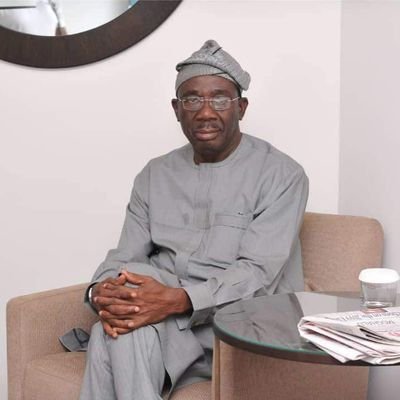Senator Urges Govt To Boost Rice Production To Strengthen Naira
The senator representing Osun East, Adenigba Fadahunsi, has called on the federal and state governments to prioritise large-scale rice cultivation as a strategic move to strengthen the naira and reduce dependence on importation.
Speaking in Ilase-Ijesa during the distribution of 3,000 bags of rice to various groups across the 10 local government areas in his senatorial district, Fadahunsi emphasised the economic and social benefits of boosting local rice production.
According to him, meeting the nation’s rice consumption demand locally would cut down the foreign exchange spent annually on importation, thereby shielding the naira from further depreciation.
He stated, “How rice became such a staple on the country’s menu is unclear to many, but it is evident that it is sought after by people across all demographics.
“This makes it crucial for the government at all levels to ensure the availability of rice at affordable prices. The foreign exchange going into rice importation annually is staggering.
“If we can produce large quantities locally, it will significantly reduce forex expenditure and, in turn, strengthen the naira. I urge both federal and state governments to act swiftly on this.
The senator also commended the large turnout at the event and urged beneficiaries to remain prayerful for Osun State and Nigeria, predicting better days in 2025.
In a statement issued by his media adviser, Sam Segun-Progress, and made available in Osogbo on Tuesday, Fadahunsi’s gesture was described as part of his efforts to alleviate the economic hardship faced by his constituents.
“The leadership of market women from Osun East Senatorial District also paid a courtesy visit to the senator during the event, expressing gratitude for his contributions to the welfare of traders and requesting further support in areas of need,” the statement read.
It added, “The senator distributed over 3,000 bags of rice to constituents, including traditional rulers, religious leaders, political figures, and market women, who were tasked with sharing the food items among their followers.”
Fadahunsi reaffirmed his commitment to improving the welfare of his family constituents and called on all stakeholders to work collaboratively to enhance local food production and ensure economic stability.





